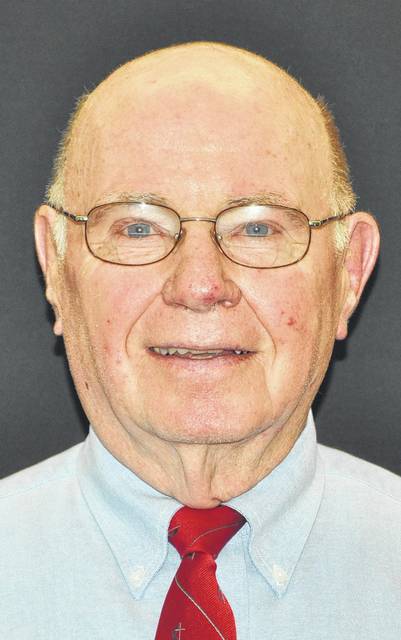
John Wesley, patriarch of denominations with “Methodist” in their name, lived and preached in a time of tension between those who defended strict orthodoxy and those who resisted dogmatic creeds.
In a sense, Wesley straddled the two. Wesley scholars, Albert Outler and Richard Heitzenrater, said he had “a stubborn loyalty to what he considered to be the essential core of truth.” At the same time, Wesley was distressed about religion’s cruel controversies resulting in bloodshed.
Unfortunately, such contrasts exist today. Antagonisms exists among world religions. Antipathy exists within the Christian family. Fortunately, in any such arena, there also are those who work for peace among factions. Wesley seeks that peaceful atmosphere in his 1750 sermon, “Catholic Spirit.” (In this context, “catholic” means universal.) Wesley seeks to bridge the gap between strict creeds on the one hand, and gracious acceptance of differences among God’s people on the other.
He begins by quoting the Old Testament (II Kings 10:15) when Jehu meets Jehonadab and offers peace with these words: “Is your heart as true to mine as mine is to yours? If it is, give me your hand.”
To Jehu (and thus to Wesley), what mattered was not one’s political persuasion, nor one’s doctrinal stance, nor one’s ethnic heritage, nor one’s economic philosophy. Only, “If your heart is as my heart, lend me your hand.”
Wesley understood Jesus’ command that we “love our neighbor as ourselves” as the fundamental law of conduct, the ultimate responsibility of those who follow Christ. But he’s realistic: “All men approve of this (law). But do men practice it? Daily experience shows the contrary.” Wesley becomes more specific. He acknowledges that different thoughts and differing modes of worship may prevent “external” union, but then asks, “Yet need it prevent our union in affection?”
Wesley was a theologian and a pastor. He understood the integrity of the varying aspects of different denominations – such as modes of worship, denominational structure, religious tenets, forms of prayer, etc. He understood the value (or lack thereof) of such differences. Nevertheless, he pleaded for a Catholic (universal) spirit: “Let all these smaller points stand aside.”
Wesley minimized these “smaller points” in comparison to God’s will that we love our neighbor as ourselves. Unfortunately, many people in today’s world are unwilling to downplay these “smaller points.” Too many seem ready to emphasize humanity’s various differences: Republicans or Democrats; Protestant or Catholic; environmentalist or opportunists; fiscal conservatives or not; evangelical or mainline Christians.
More than merely emphasizing such differences, many have used them to treat the “others” with disrespect; to discriminate against them; to erect barriers between themselves and others who are also God’s children. In the political arena, too many speak of those with opposing views with slander and slurs. In the religious arena, too many speak of those with differing Scriptural understandings as infidels. All contrary to Wesley’s “Catholic spirit.”
Please understand, Wesley isn’t asking us to be “wishy washy.” He reminds us that a Catholic spirit is not an indifference to all opinions. It is not an indifference to public worship. It is not an indifference to other denominations.
Wesley concludes with this description of one who has a Catholic spirit: “While he is fixed in his religious principles, in what he believes to be true, while he adheres to that worship of God which he judges to be most acceptable, his heart is enlarged toward all mankind, those he knows and those he does not; embraces neighbors and strangers, friends and enemies.”
These words from the 18th century are more needed today than ever before.


